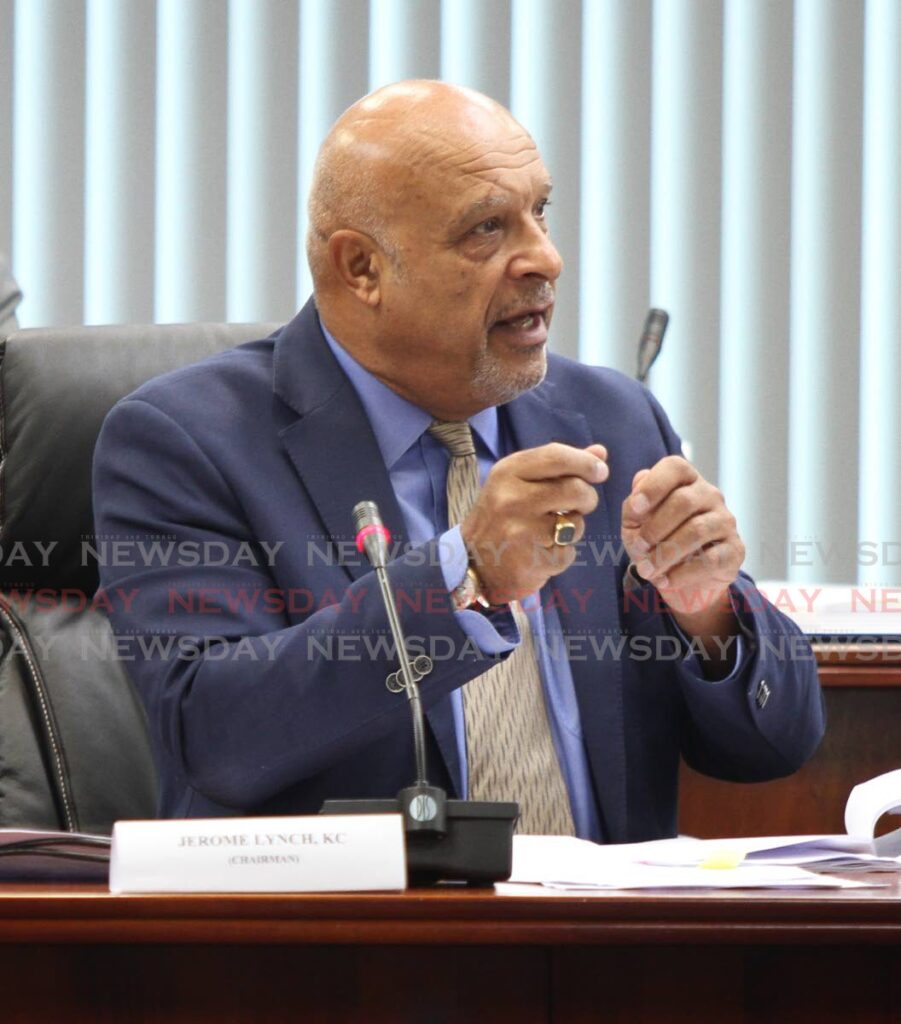Echoes of enquiries past

THE COMPLAINT aired on Monday by the chairman of the Commission of Enquiry into the Paria diving tragedy, Jerome Lynch, KC, is an ignominious development.
Mr Lynch complained of the late disclosure of “hundreds and hundreds” of pages of materials by the Paria Fuel Trading Company, a move that forced him to delay hearings for a day.
“It looks like what the Americans call a document dump,” the chairman lamented. “It is inconceivable that those who are responsible for providing material to this enquiry could not have appreciated that this material was likely to be relevant.”
Mr Lynch is not from Trinidad, but those who are will notice something very familiar in these developments.
Long is the list of state agencies, entities and officials subject to commission proceedings that have been unable to comply with timelines set for disclosure and that have unleashed huge swaths of materials at the very last minute.
In litigation circles, such tactics are something of an art. They are normally accompanied by lengthy, torturous chains of correspondence in which entities seek to convey their earnest desire to provide full and frank disclosure – while relating the ostensible difficulties involved in doing so.
None of it ever dispels the aura of ambush when the documents are abruptly lodged, sometimes without the benefit of indexing.
In the current instance, the events concerned occurred since February.
The inquiry was set up in April. In July, the commission asked for all the materials. By September, lawyers for Paria were ready to be granted standing, but disclosure was evidently incomplete.
No fewer than three deadline extensions were granted in November.
Yet up to earlier this month, Paria was apparently still putting together ICT records to send by e-mail. The documents finally arrived over the weekend, including on Sunday.
“This is not acceptable,” Mr Lynch rightly said.
However, during the inquiry lawyers for Paria have had cause to push back against some of the remarks of the chairman in relation to disclosure which they deemed unfair or oversimplistic, given the complex factors and logistics involved.
From day one, when the Occupational Safety and Health Authority began a probe into the incident, Paria said it would hand over materials.
“Paria is fully committed to making available all relevant documents and information to the investigating team, and we look forward to the completion of the investigation,” the company said by way of a media release in March.
Either Paria is inept at managing its own documents and its own promises – a matter which would reflect badly on the company, given the need for it to handle complex safety issues currently under scrutiny – or we are watching the history of state agencies frustrating scrutiny repeating itself.


Comments
"Echoes of enquiries past"